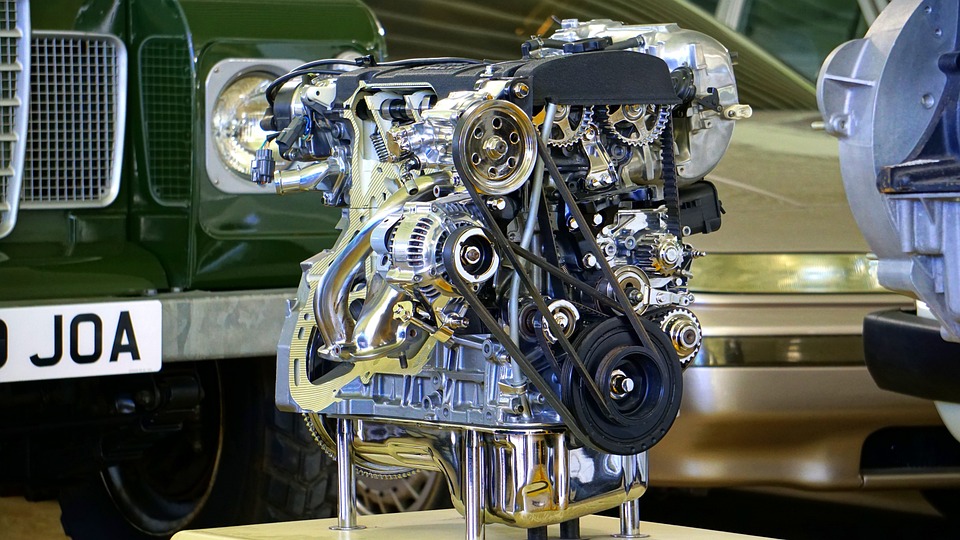Detonation
Detonation and knocking are two common engine problems that can cause serious damage to internal combustion engines. Both problems are related to the way fuel is burned inside the engine, and they can be caused by a variety of factors, including improper fuel or air mixture, engine overheating, and incorrect engine timing. In this article, we'll take a closer look at detonation and knocking, how they occur, and what can be done to prevent them. Detonation, also known as engine knock, is a condition that occurs when the air-fuel mixture in the engine's combustion chamber detonates prematurely, causing a sudden and forceful combustion. This can cause significant damage to the engine's internal components, including the piston, connecting rods, and bearings. Detonation is typically characterized by a loud, knocking noise coming from the engine, as well as a loss of power and a decrease in fuel efficiency.
The root cause of detonation is typically related to the air-fuel mixture. If the mixture is too lean, meaning there is not enough fuel to burn, the engine can run hot, leading to detonation. Conversely, if the mixture is too rich, meaning there is too much fuel and not enough air, the engine can also run hot, leading to detonation. Other factors that can contribute to detonation include engine overheating, incorrect spark timing, and poor fuel quality. One of the most effective ways to prevent detonation is to use high-quality fuel that is formulated to prevent premature combustion. Many high-performance fuels contain additives that help to reduce the risk of detonation, as well as other harmful engine conditions. Additionally, making sure that the air-fuel mixture is properly balanced and that the engine is not overheating can also help to prevent detonation.
 |
| Understanding Engine Knocking and Detonation in Internal Combustion Engines |
Knocking
Knocking, on the other hand, is a condition that occurs when the air-fuel mixture inside the engine's combustion chamber ignites spontaneously, causing a sharp and rapid increase in cylinder pressure. This can cause significant damage to the engine's internal components, including the piston, connecting rods, and bearings. Knocking is typically characterized by a loud, metallic knocking noise coming from the engine, as well as a loss of power and a decrease in fuel efficiency. The root cause of knocking is typically related to the engine's timing. If the spark timing is too advanced, meaning the spark plug fires too early in the combustion cycle, it can cause the air-fuel mixture to ignite prematurely, leading to knocking. Additionally, if the engine is overheating or the air-fuel mixture is too lean, it can also increase the risk of knocking.
Preventing knocking requires careful attention to engine timing and fuel quality. Making sure that the spark timing is properly set and that the air-fuel mixture is properly balanced can help to prevent knocking. Additionally, using high-quality fuel that is formulated to prevent premature combustion can also help to prevent knocking and other harmful engine conditions.
In summary, detonation and knocking are two common engine problems that can cause serious damage to internal combustion engines. Detonation occurs when the air-fuel mixture in the engine's combustion chamber detonates prematurely, causing a sudden and forceful combustion, while knocking occurs when the air-fuel mixture inside the engine's combustion chamber ignites spontaneously, causing a sharp and rapid increase in cylinder pressure. Both problems can be caused by a variety of factors, including improper fuel or air mixture, engine overheating, and incorrect engine timing. Preventing detonation and knocking requires careful attention to engine timing and fuel quality, as well as proper maintenance and troubleshooting techniques. With the right approach, these harmful engine conditions can be avoided, and engines can operate safely and efficiently for years to come.



